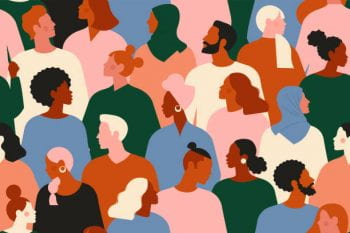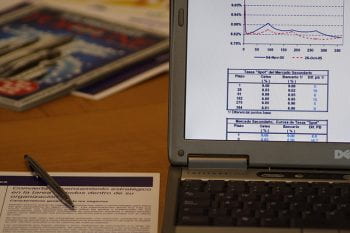Press Release: September 25, 2020 The potentially catastrophic, long-term financial impacts of COVID-19 on young adults are highlighted in the Socioeconomic Impacts of COVID-19 Survey[1] in Israel, which was administered between June 4 and July 1 by the Social Policy Institute at Washington University in St. Louis in partnership with Mastercard. The survey results found […]
Three reasons young Israeli adults may face catastrophic, long-term financial burden from COVID-19


